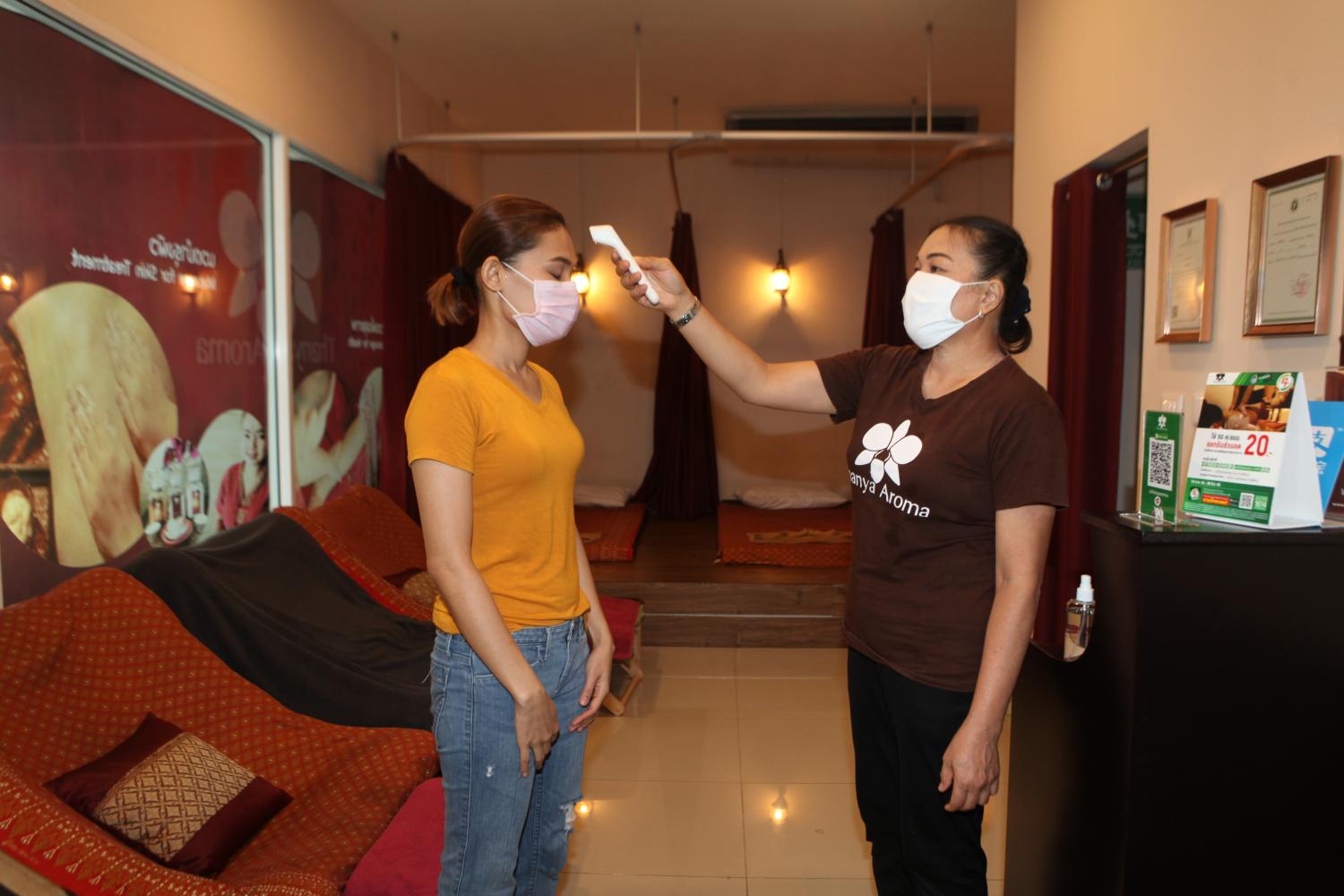
After the pandemic hammered spa and traditional massage parlours across the country during the two-month lockdown, operators are eager to serve the local market when allowed to resume services this month.
As of May, there were 1,326 registered spa and massage businesses operating in Thailand, with 13 companies closed down, according to the Business Development Department.
Narun Wiwattanakrai, executive director of SET-listed Siam Wellness Group Plc, said the coronavirus crisis caused many small spas located in shophouses to exit, as they lacked sufficient cash flow to weather the lockdown.
He said surviving companies are pinning their hopes on domestic customers, given that international guests may not return until October.
"We're optimistic because all of our target foreign markets did well containing the virus, such as China, Taiwan and Japan," Mr Narun said. "If Thailand allows citizens from those markets to re-enter Thailand, we should be able to welcome them back right away."
Before the pandemic, the domestic market made up 25% of company revenue, but from June 1, Thais are projected to comprise 90% of revenue and expats 10%.
The group has opened 30 of its 59 branches nationwide, including in Bangkok. But some establishments in Koh Samui and Phuket remain closed, as well as hotels and spas in Chiang Mai, as there is uncertainty over inbound tourists.
To reopen this month, the group invested 1 million baht for 18 new health and safety measures -- such as installing UV-C sanitiser machines and using negative-pressure air conditioning systems -- as health is the top factor customers will consider.

A masseuse tidies up a traditional massage shop in the capital. Many businesses are preparing to reopen after remaining closed due to the Covid-19. Arnun Chonmahatrakool
"Local guests from the middle- to upper-income range still have high purchasing power and pent-up demand," Mr Narun said.
The average spending per person among locals is 1,100 baht, and the company wants to maintain that spending amount.
As a branch of Siam Wellness spa in Kunming, China reopened after the lockdown and reported healthy demand, the company expects Thailand to follow a similar path soon.
Mr Narun said the company did not lay off any of its 2,000 employees during the past two months. Even though current demand remains weak, it has continued services to earn some revenue.
Pakin Ployphicha, managing director of Oasis Spa, said that while restrictions on the spa business have been relaxed, international travellers account for 80% of revenue and they still cannot visit Thailand.
The company has to create new business strategies to survive the next three months by shifting to the local market or to foreigners who live in Thailand via social media, Mr Pakin said.
He said the spa has to use half-price discounts to attract more customers, especially during the slowdown.
It will take about six months from now for Oasis Spa, which has 15 branches, to gradually retrieve 50% of typical business before the pandemic, Mr Pakin estimates.
